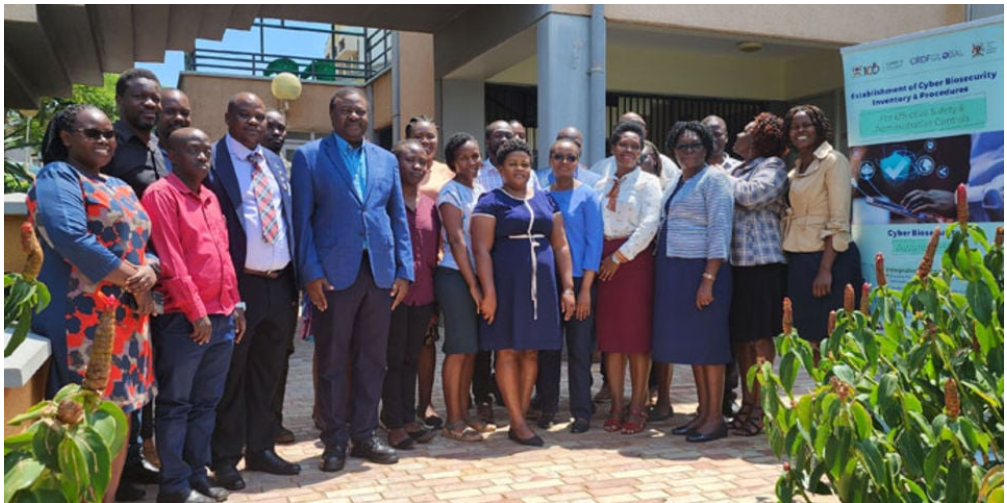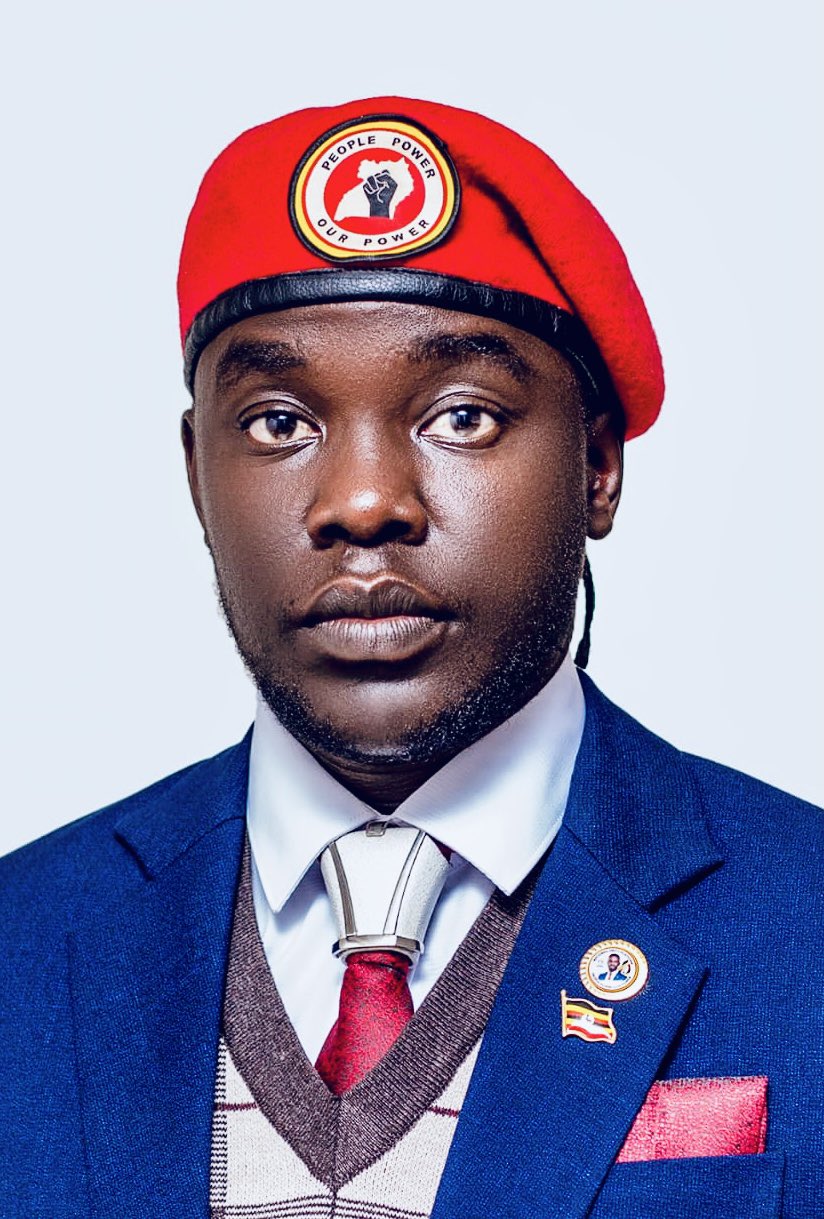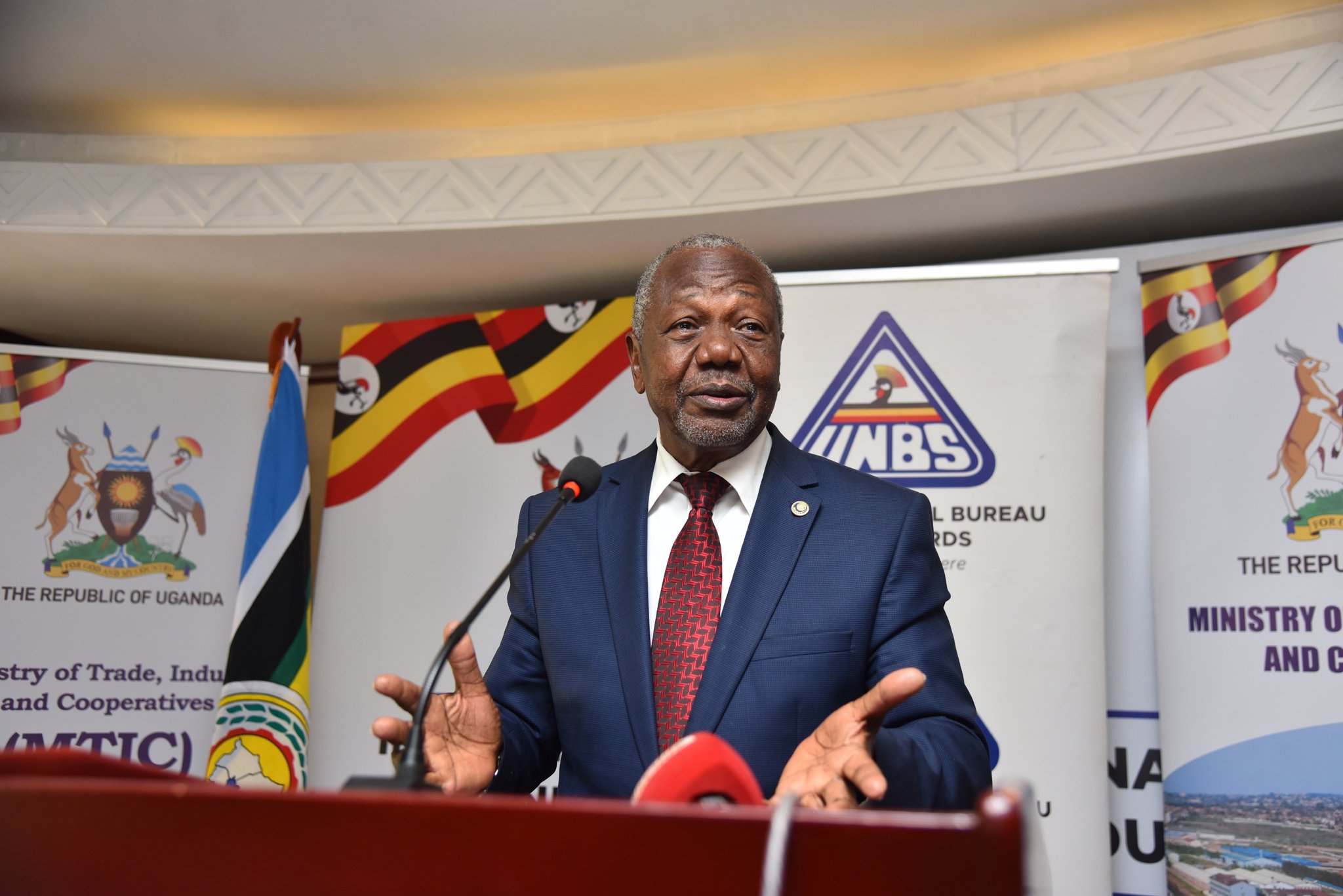Cyber Biosecurity: Protecting Uganda’s high-risk laboratories.
Laboratories that handle such high-risk biological materials could become prime targets for cyberattacks, with devastating outcomes if data is stolen, altered, or misused.

As the world becomes more interconnected, Uganda’s laboratories are facing a growing threat – not from biological pathogens alone, but from cyberattacks. In a ground-breaking initiative, researchers from Makerere University’s College of Veterinary Medicine, Animal Resources, and Biosecurity (COVAB), in collaboration with the Uganda Virus Research Institute (UVRI), have developed Cyber Biosecurity Standard Operating Procedures (SOPs) to address this new and pressing challenge.
At first glance, the concept of cyber biosecurity may seem abstract, but for institutions like UVRI, which deal with dangerous pathogens such as Ebola, anthrax, and SARS-COV2, the consequences of cyber vulnerabilities are very real.
Laboratories that handle such high-risk biological materials could become prime targets for cyberattacks, with devastating outcomes if data is stolen, altered, or misused.
According to Prof. Lawrence Mugisha, the Principal Investigator from Makerere University, the newly established SOPs will be instrumental in safeguarding laboratories as they manage pathogens that could pose a national or even global security risk if compromised.
“These procedures are designed not only to enhance physical biosafety but also to secure the digital aspects of our laboratory operations, which are equally vulnerable,” he explained.
In recent years, the convergence of biological science and digital technology has opened new doors for research, but it has also created fresh opportunities for cyber threats. Experts in biosecurity are now increasingly aware that breaches in cyber systems could have catastrophic consequences for public health.
Prof. Mugisha stresses that this is an emerging area that has been overlooked for too long, leaving many laboratories exposed to risks they are ill-prepared to handle.
Prof. Pontiano Kaleebu, Director of UVRI, echoed these concerns. He pointed out that biosecurity has always been critical in institutions like UVRI, where research involves handling dangerous viruses.
“The introduction of digital tools in our research processes has improved efficiency, but it has also exposed us to cyber threats,” he noted.
Prof. Kaleebu underscored that the potential risks aren’t just theoretical. Mistakes or breaches—whether due to negligence, hacking, or lack of proper protocols—could lead to severe consequences, such as the unintended release or misuse of sensitive biological data.
Experts argue that cyber biosecurity is not just about protecting data; it’s about ensuring that research is conducted safely, without unintended side effects. Prof. Kaleebu highlighted an example from global research: genetically modifying mosquitoes to prevent malaria transmission. While innovative, any mistake in these types of research could potentially worsen the very problems they are meant to solve.
Dr. Rebecca Achiro, a biosecurity expert from the UVRI workshop, added that Uganda’s laboratories are not immune to international cyber threats.
“Many countries are now realizing that even their most advanced laboratories are vulnerable. It’s not just about protecting data, but also about preventing bad actors from accessing or tampering with dangerous biological agents,” she said.
The pilot project, which began in April 2024, aims to close these gaps and create a secure framework for the handling of biological materials in Uganda. These SOPs are a first step in building a national cyber biosecurity infrastructure, but experts believe more must be done.
Prof. Mugisha emphasized that continued capacity-building is needed for personnel in the field, as few professionals are equipped to deal with the intersection of biosafety, biosecurity, and cyber threats.
As Uganda advances in scientific research and biotechnology, initiatives like this will be crucial in ensuring that the country not only contributes to global scientific progress but also does so safely and securely. Without such measures, the very innovations designed to improve health could become the next major global security risk.
In the words of Dr. Achiro, “It’s a race between innovation and security. And right now, we need to catch up.”







